MussoliniR. J. B. Bosworth Bosworth's Mussolini allows us to come closer than ever before to an understanding of the life and actions of the dictator and of the political world and society within which he operated. This biography paints a picture of brutality and failure in governance with insight into Mussolini as a human being shaped by the particular patterns of Italian society which were so vastly different from Axis partners Germany and Japan.
Mussolini was a brutal tyrant who added untold numbers to the dead of war torn Europe but we cannot understand his regime by equating it with Hitler or Stalin. His life began modestly in the provinces and he maintained a traditional family life for a man of his time including both a wife and mistresses. He sought in his way to be an intellectual but was capable of cruelty and was a racist with the consistency and vigor which would have made him a good recruit for the SS. He sought an empire but, for the most part, was more of an old-fashioned nineteenth century despot not a racial or ideological imperium.
His end came in 1945 in the closing days of World War II. Disguised in German greatcoat and helmet, Mussolini attempted to escape from the advancing Allied armies but was stopped by partisans who recognized his features, made so familiar by Fascist propaganda which eventually gave him away, and within 24 hours he was publicly executed. Turkish Baths: A Guide to the Historic Turkish Baths of IstanbulOrhan Yilmazkaya Turkish Baths - A Guide to the Historic Turkish Baths of Istanbul, is a lively pictorial jaunt through the history, traditions and culture of the Turkish bath. Discover the bath's contribution to Islamic culture and health, its role in the social lives of sequestered Ottoman women, the tale of the street ruffians who slept in its back corners, its environmental impact as Istanbul's greatest forests succumbed to the giant stokepits, and the sexual activities (primarily same gender) that were an acknowledged part of the bath "scene." The architecture of the bath is its crown, as light filters down onto the bathers stretched languorously on the large, common 'reclining' stone, demonstrated here with scores of beautiful contemporary photographs of Istanbul baths and bathers. This book is also a detailed guide to "bath etiquette"—and a guide to fifty historic baths in Istanbul (some dating as far back as the 15th century) that continue in regular use today. This book is a must for those searching for the perfect Turkish bath experience and those who want to understand what this tradition is all about! Olympia and Olympic GamesAnna Maranti This book is divided into two parts. The first explores, analyses and introduces the history and art of ancient Olympia as well as of the Olympic Ideal. The second part is dedicated to the modern Olympic Games from 1896 until today. With illustrations of posters and emblems of the Olympic Games. Bobby Fischer Goes to War: How the Soviets Lost the Most Extraordinary Chess Match of All TimeDavid Edmonds, John Eidinow In the summer of 1972, with a presidential crisis stirring in the United States and the cold war at a pivotal point, two men — the Soviet world chess champion Boris Spassky and his American challenger Bobby Fischer — met in the most notorious chess match of all time. Their showdown in Reykjavik, Iceland, held the world spellbound for two months with reports of psychological warfare, ultimatums, political intrigue, cliffhangers, and farce to rival a Marx Brothers film.
Thirty years later, David Edmonds and John Eidinow, authors of the national bestseller Wittgenstein's Poker, have set out to reexamine the story we recollect as the quintessential cold war clash between a lone American star and the Soviet chess machine — a machine that had delivered the world title to the Kremlin for decades. Drawing upon unpublished Soviet and U.S. records, the authors reconstruct the full and incredible saga, one far more poignant and layered than hitherto believed.
Against the backdrop of superpower politics, the authors recount the careers and personalities of Boris Spassky, the product of Stalin's imperium, and Bobby Fischer, a child of post-World War II America, an era of economic boom at home and communist containment abroad. The two men had nothing in common but their gift for chess, and the disparity of their outlook and values conditioned the struggle over the board.
Then there was the match itself, which produced both creative masterpieces and some of the most improbable gaffes in chess history. And finally, there was the dramatic and protracted off-the-board battle — in corridors and foyers, in back rooms and hotel suites, in Moscow offices and in the White House.
The authors chronicle how Fischer, a manipulative, dysfunctional genius, risked all to seize control of the contest as the organizers maneuvered frantically to save it — under the eyes of the world's press. They can now tell the inside story of Moscow's response, and the bitter tensions within the Soviet camp as the anxious and frustrated apparatchiks strove to prop up Boris Spassky, the most un-Soviet of their champions — fun-loving, sensitive, and a free spirit. Edmonds and Eidinow follow this careering, behind-the-scenes confrontation to its climax: a clash that displayed the cultural differences between the dynamic, media-savvy representatives of the West and the baffled, impotent Soviets. Try as they might, even the KGB couldn't help.
A mesmerizing narrative of brilliance and triumph, hubris and despair, Bobby Fischer Goes to War is a biting deconstruction of the Bobby Fischer myth, a nuanced study on the art of brinkmanship, and a revelatory cold war tragicomedy. The Floating Brothel: The Extraordinary True Story of an Eighteenth-Century Ship and Its Cargo of Female ConvictsSian Rees A seafaring story with a twist—the incredible voyage of a shipload of "disorderly girls" and the men who transported them, fell for them, and sold them.
This riveting work of rediscovered history tells for the first time the plight of the female convicts aboard the Lady Julian, which set sail from England in 1789 and arrived in Australia's Botany Bay a year later. The women, most of them petty criminals, were destined for New South Wales to provide its hordes of lonely men with sexual favors as well as progeny. But the story of their voyage is even more incredible, and here it is expertly told by a historian with roots in the boat-building business and a true love of the sea.
Siân Rees delved into court documents and firsthand accounts to extract the stories of these women's experiences on board a ship that both held them prisoner and offered them refuge from their oppressive existence in London. At the heart of the story is the passionate relationship between Sarah Whitelam, a convict, and the ship's steward, John Nicol, whose personal journals provided much of the material for this book. Along the way, Rees brings the vibrant, bawdy world of London—and the sights, smells, and sounds of an eighteenth-century ship—vividly to life. In the tradition of Nathaniel Philbrick's In the Heart of the Sea, this is a winning combination of dramatic high seas adventure and untold history. Cod: A Biography of the Fish that Changed the WorldMark Kurlansky An unexpected, energetic look at world history on sea and land from the bestselling author of Salt and The Basque History of the World
Cod, Mark Kurlansky’s third work of nonfiction and winner of the 1999 James Beard Award, is the biography of a single species of fish, but it may as well be a world history with this humble fish as its recurring main character. Cod, it turns out, is the reason Europeans set sail across the Atlantic, and it is the only reason they could. What did the Vikings eat in icy Greenland and on the five expeditions to America recorded in the Icelandic sagas? Cod, frozen and dried in the frosty air, then broken into pieces and eaten like hardtack. What was the staple of the medieval diet? Cod again, sold salted by the Basques, an enigmatic people with a mysterious, unlimited supply of cod. As we make our way through the centuries of cod history, we also find a delicious legacy of recipes, and the tragic story of environmental failure, of depleted fishing stocks where once their numbers were legendary. In this lovely, thoughtful history, Mark Kurlansky ponders the question: Is the fish that changed the world forever changed by the world's folly?
“Every once in a while a writer of particular skill takes a fresh, seemingly improbable idea and turns out a book of pure delight. Such is the case of Mark Kurlansky and the codfish.” –David McCullough, author of The Wright Brothers and 1776 | Ellis Island, Gateway to the American DreamPamela Reeves Ellis Island—the gateway to America—was the place where millions of newcomers to the United States began new lives. It was a place of joy, hope, and sometimes sadness. Along with the Statue of Liberty, Ellis Island remains an inspiring symbol of freedom and opportunity for generations of Americans. This fascinating history, complete with beautiful and poignant photographs and personal reminiscences, brings Ellis Island to life. Special sections on the architectural restoration of Ellis Island and on how to trace your family history through the island make this a book to be enjoyed time and again. American Lion: Andrew Jackson in the White HouseJon Meacham Andrew Jackson, his intimate circle of friends, and his tumultuous times are at the heart of this remarkable book about the man who rose from nothing to create the modern presidency. Beloved and hated, venerated and reviled, Andrew Jackson was an orphan who fought his way to the pinnacle of power, bending the nation to his will in the cause of democracy. Jackson’s election in 1828 ushered in a new and lasting era in which the people, not distant elites, were the guiding force in American politics. Democracy made its stand in the Jackson years, and he gave voice to the hopes and the fears of a restless, changing nation facing challenging times at home and threats abroad. To tell the saga of Jackson’s presidency, acclaimed author Jon Meacham goes inside the Jackson White House. Drawing on newly discovered family letters and papers, he details the human drama–the family, the women, and the inner circle of advisers–that shaped Jackson’s private world through years of storm and victory.
One of our most significant yet dimly recalled presidents, Jackson was a battle-hardened warrior, the founder of the Democratic Party, and the architect of the presidency as we know it. His story is one of violence, sex, courage, and tragedy. With his powerful persona, his evident bravery, and his mystical connection to the people, Jackson moved the White House from the periphery of government to the center of national action, articulating a vision of change that challenged entrenched interests to heed the popular will–or face his formidable wrath. The greatest of the presidents who have followed Jackson in the White House–from Lincoln to Theodore Roosevelt to FDR to Truman–have found inspiration in his example, and virtue in his vision.
Jackson was the most contradictory of men. The architect of the removal of Indians from their native lands, he was warmly sentimental and risked everything to give more power to ordinary citizens. He was, in short, a lot like his country: alternately kind and vicious, brilliant and blind; and a man who fought a lifelong war to keep the republic safe–no matter what it took.
Jon Meacham in American Lion has delivered the definitive human portrait of a pivotal president who forever changed the American presidency–and America itself.
Exclusive Amazon.com Q&A with Jon Meacham and H.W. Brands
On the eve of the historic 2008 presidential election, we were fortunate to chat with historians Jon Meacham and H.W. Brands (author of Traitor to His Class: The Privileged Life and Radical Presidency of Franklin Delano Roosevelt) on the similarities of their presidential subjects and how the legacies of FDR and Jackson continue to shape the political world we see today.
Amazon.com: One of Andrew Jackson's childhood friends once remarked that when they wrestled, "I could throw him three times out of four, but he never stayed throwed." How emblematic is this of Jackson's career?
Meacham: Utterly emblematic. Jackson was resilient, tough, and wily, rising from nothing to become the dominant political figure of the age. He was crushed by his loss in 1824, when, despite carrying the popular vote, he was defeated in the House of Representatives. But, tellingly, he began his campaign for 1828 almost immediately, on the way home to Tennessee. And he won the next time.
Amazon.com: What would Jackson think of Franklin Delano Roosevelt?
Meacham: I think they would have gotten along famously. It is difficult to imagine men from more starkly different backgrounds—to take just one example, Jackson lost his mother early, and FDR was long shaped by his mother—but they both viewed the presidency the same way: they both believed they should be in it, wielding power on behalf of the masses against entrenched interests.
Amazon.com: How important was Jackson's legacy to FDR's Presidency?
Brands: Jackson was FDR’s favorite president, and Jackson’s presidency was the one Roosevelt initially modeled his own after. FDR saw Jackson as the champion of the ordinary people of America; he saw himself the same way. He compared Jackson’s battle with the Bank of the United States to his own battle with entrenched economic interests. And just as Jackson had reveled in the enmity of the rich, so did Roosevelt.
Amazon.com: Although both were regarded as champions of the people, their backgrounds were drastically different. FDR hailed from a wealthy and politically-connected family, while Jackson was an orphaned son of immigrants. How did each manage to endear themselves to the voters of their day?
Meacham: Jackson was in many ways the first great popular candidate. He had “Hickory Clubs,” and there were torchlit parades and barbecues—lots and lots of barbecues. Jackson helped mastermind the means of campaigning that would become commonplace. He also intuitively understood the power of image, and kept a portrait painter, Ralph Earl, near to hand in the White House.
Brands: FDR combined noblesse oblige with felt concern for the plight of the poor. His polio had something to do with this—it introduced him to personal suffering, and it also introduced him, in Georgia, where he went for rehabilitation, to poor farmers unlike any he had spent time with before. He came to know them and to feel the problems they faced. He took people in trouble seriously and communicated that seriousness to them.
Continue reading this Q&A LincolnDavid Herbert Donald A masterful work by Pulitzer Prize–winning author David Herbert Donald, Lincoln is a stunning portrait of Abraham Lincoln’s life and presidency.
Donald brilliantly depicts Lincoln’s gradual ascent from humble beginnings in rural Kentucky to the ever-expanding political circles in Illinois, and finally to the presidency of a country divided by civil war. Donald goes beyond biography, illuminating the gradual development of Lincoln’s character, chronicling his tremendous capacity for evolution and growth, thus illustrating what made it possible for a man so inexperienced and so unprepared for the presidency to become a great moral leader. In the most troubled of times, here was a man who led the country out of slavery and preserved a shattered Union—in short, one of the greatest presidents this country has ever seen. GrantWilliam S. McFeely Ph.D. "Combines scholarly exactness with evocative passages....Biography at its best."―Marcus Cunliffe, The New York Times Book Review; Winner of the Pulitzer Prize.The seminal biography of one of America's towering, enigmatic figures. From his boyhood in Ohio to the battlefields of the Civil War and his presidency during the crucial years of Reconstruction, this Pulitzer Prize-winning biography traces the entire arc of Grant's life (1822-1885). "A moving and convincing portrait....profound understanding of the man as well as his period and his country."―C. Vann Woodward, New York Review of Books "Clearsightedness, along with McFeely's unfailing intelligence and his existential sympathy...informs his entire biography."―Justin Kaplan, The New Republic Illustrations |

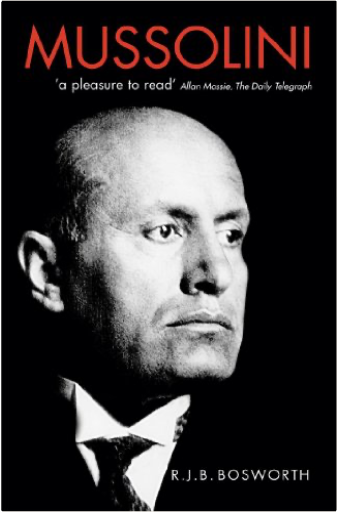
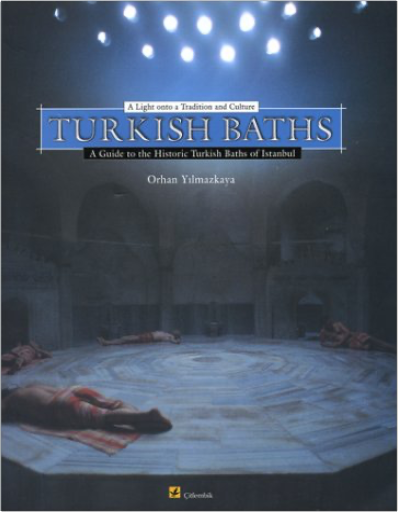
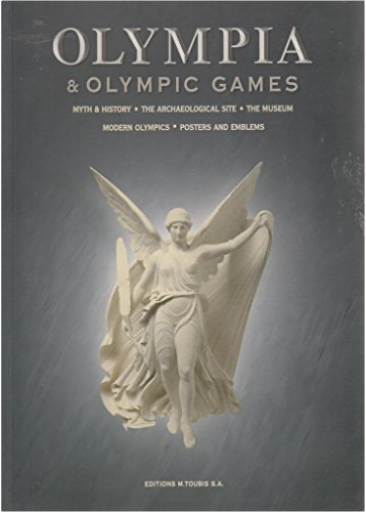

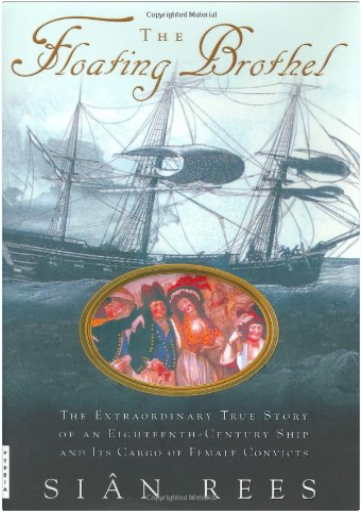
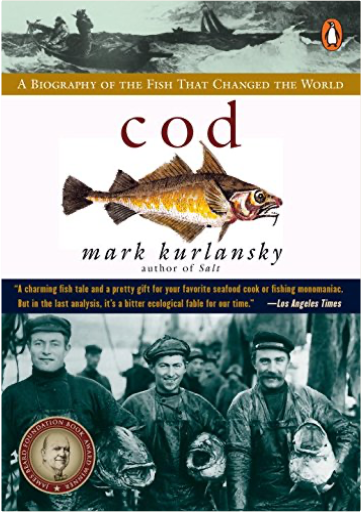
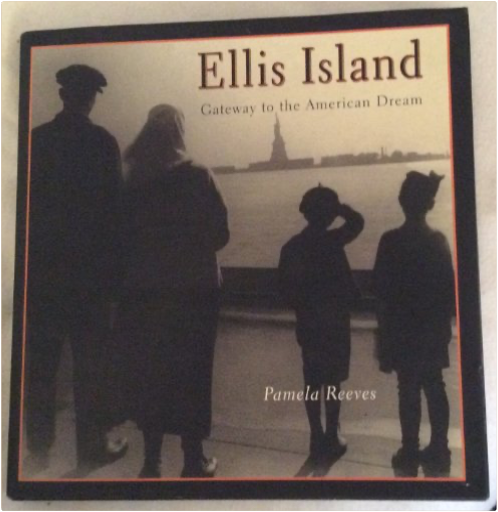
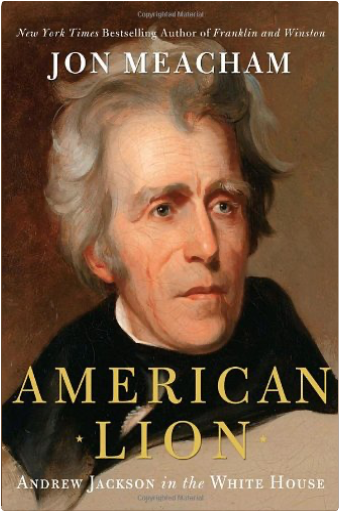
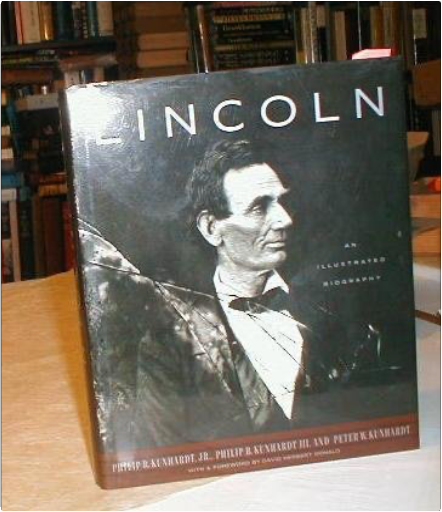
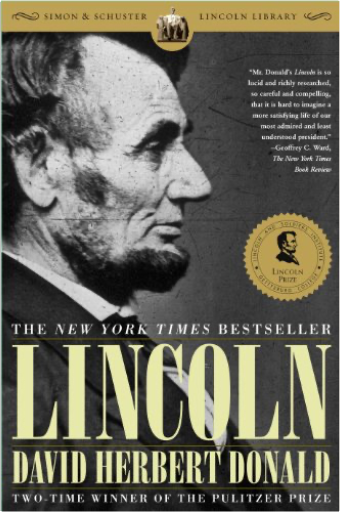
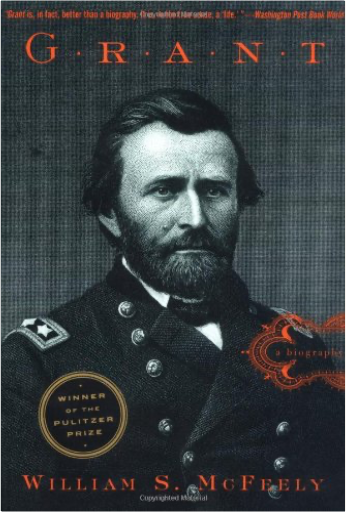




 Made with Delicious Library
Made with Delicious Library